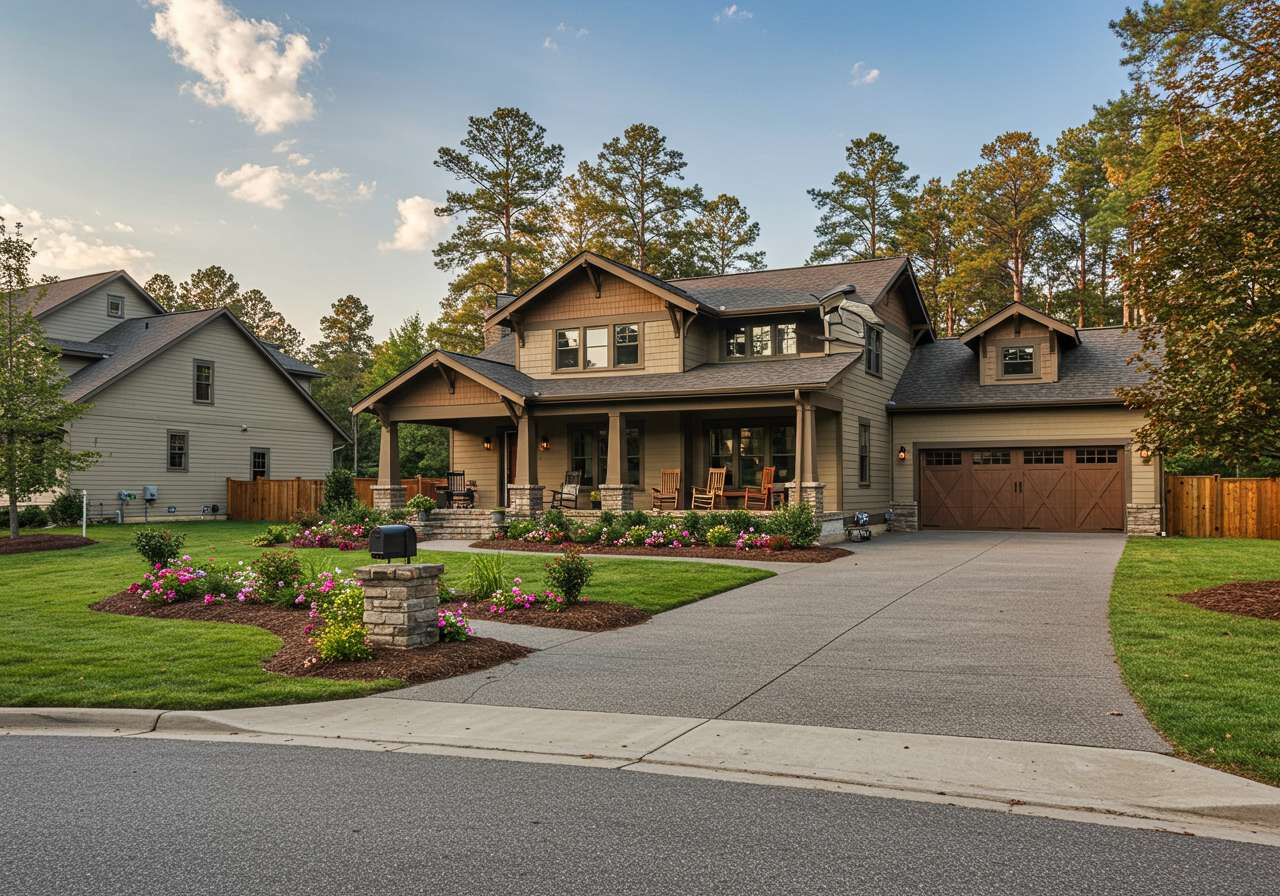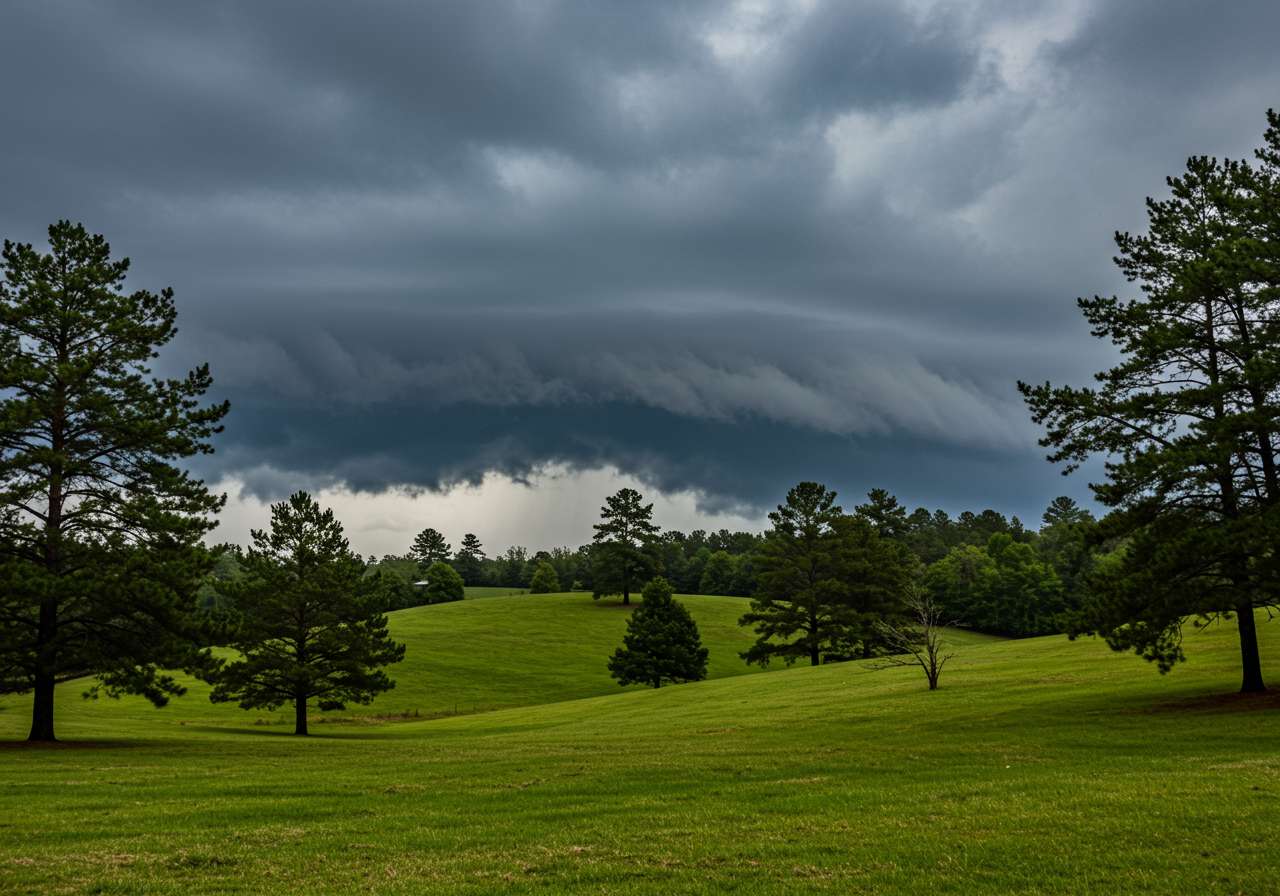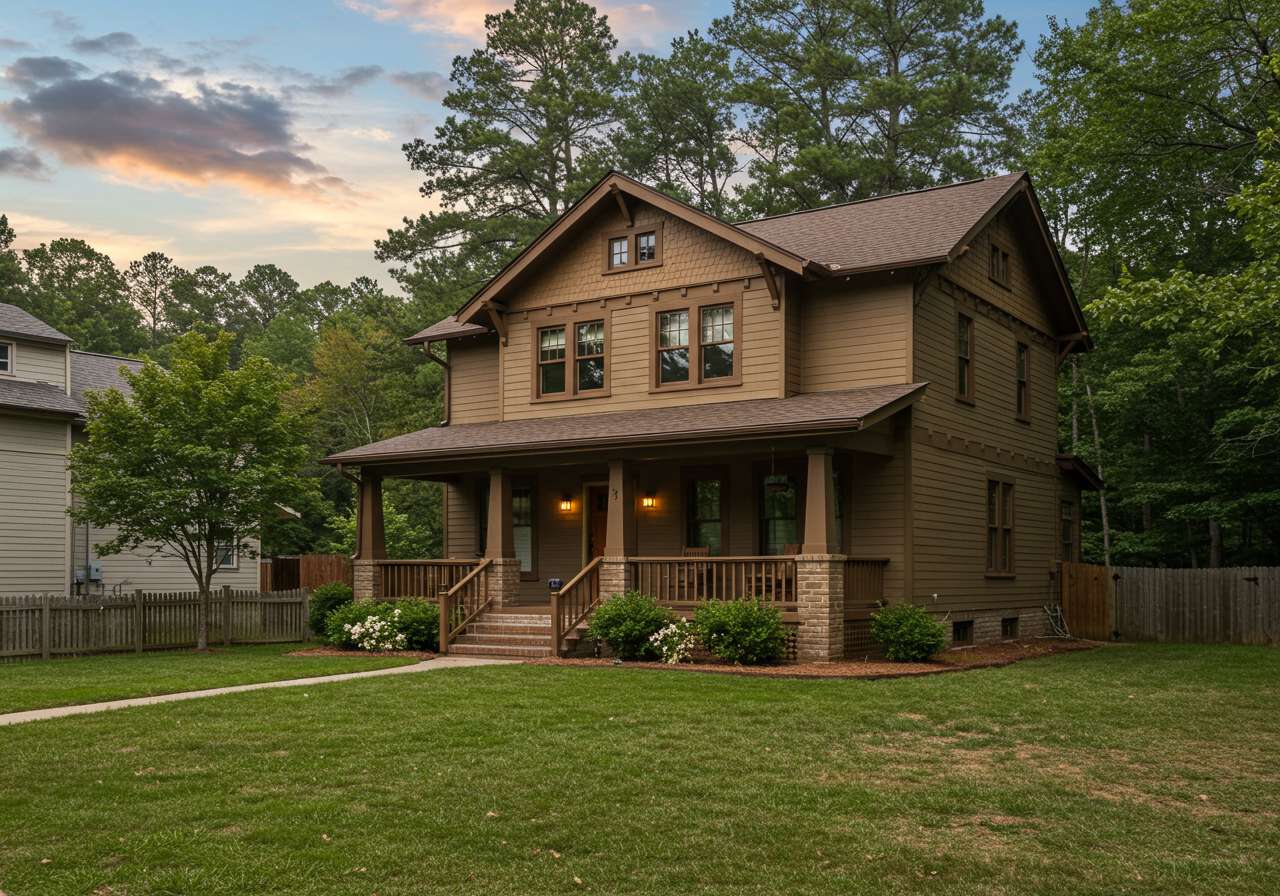Navigating Roof Repairs for Concord’s Pre-2000 Homes
If your home in Concord, NC was built before 2000, you’re likely familiar with the charm and character that older houses offer. But when it comes to roof repairs, these homes often throw more curveballs than most. From discontinued shingle lines to major building code changes, navigating a successful repair or replacement requires a strategic approach. Let’s break down what you need to know to protect your investment, stay compliant, and sidestep common pitfalls unique to Concord’s established neighborhoods.
Material Compatibility Issues with Legacy Roofing
Ever tried to match a 25-year-old shingle with today’s options? Many homeowners discover that the exact style, color, or material is no longer available. This can make a simple patch job nearly impossible if you want your roof to look seamless and perform reliably.
Common Compatibility Challenges
- Discontinued shingles: Manufacturers frequently retire old product lines, leaving gaps in color, texture, and durability.
- Outdated underlayments and flashing: Older roofs may use materials or installation methods no longer accepted by today’s building codes or manufacturers.
- Decking and structural surprises: Homes built prior to 2000 may use thinner decking or spacing that doesn’t meet current standards, complicating repair work.
Curious whether your repair might get complicated? For many Concord homeowners, a professional inspection is the best way to spot potential mismatches before work begins. Our experts offer these inspections at no cost and can help you identify the smartest path forward—whether it’s a targeted fix or a full replacement.
Concord Building Code Updates Impacting Roof Repairs
Building codes have evolved significantly since the late ‘90s. What was acceptable when your home was built may not pass inspection today. This is especially crucial after storm damage, as insurance companies often require repairs to meet the latest codes.
Key Code-Related Pitfalls
- Decking thickness: Many older homes have roof decks that must be upgraded during repairs to comply with the current minimums.
- Ventilation needs: Proper attic ventilation is now required and may call for additional vents or modifications.
- Underlayment and flashing: Current codes demand higher-quality barriers against water intrusion, so patching over old felt may not be allowed.
Why does this matter for you? If code upgrades are required, your project scope—and budget—can change quickly. That’s why it’s important to work with a local Concord contractor who understands both the letter of the code and the practical realities of older homes.
Proactive Steps for Homeowners
- Schedule a free professional inspection at the first sign of trouble.
- Keep a file of your home’s original plans and past roof work to streamline insurance claims.
- Consult with a code-savvy contractor—not every roofer is up to date on Concord-specific code changes.
Have you wondered if a minor storm repair could trigger a full replacement? In many cases, if a roof assembly can’t be brought up to code with a simple fix, local regulations may require a full system upgrade.
Insurance Claims and Roof Code Upgrades
What about insurance? Homeowners insurance typically covers storm-related damage. However, coverage for code upgrades—sometimes called "law & ordinance coverage"—varies by policy. If your pre-2000 roof needs work that isn’t up to today’s standards, your provider may cover part or all of the upgrade costs, but it’s not guaranteed. Always consult your policy, and consider reaching out to your agent for clarification. Our team is happy to help with insurance documentation and submittal to maximize your coverage potential.
Your Next Steps in Concord
Don’t wait for a small leak to lead to bigger headaches. If your Concord home’s roof is showing age or took a hit from recent storms, let our local team guide you through your options. Request your free inspection today—it’s the first step toward protecting your home, your budget, and your peace of mind.
.png)




